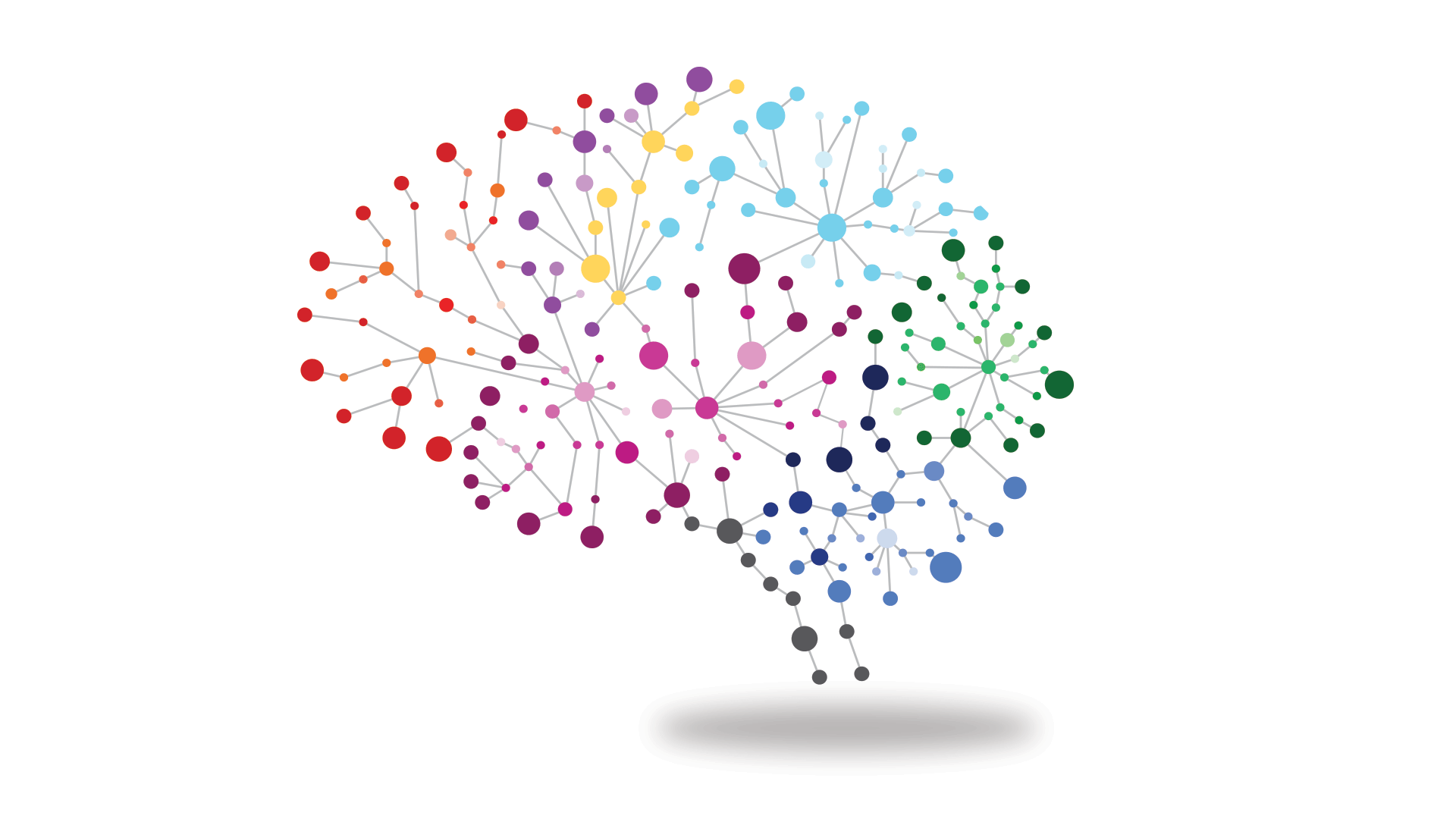
Personalized Learning – Connecting the Dots Between Methodology and Business Outcomes
The increasing availability of tools and technologies that enable personalized learning at scale has many learning professionals excited. So excited that some might be forgetting the principal goal of corporate training – to improve business outcomes through learning.
In fact, CLO Magazine asked the question: Personalized Learning: Means to an End or the End Itself? In this article, the magazine explored a recent trend – corporate learning departments are changing their mission to provide personalized learning opportunities rather than to provide learning that drives particular business outcomes:
“Imagine a discussion with your CFO or CEO. They ask what your strategy is for next year. You say it is personalized learning and that the majority of your resources will be dedicated to providing more and better personalized learning. They ask why. You tell them learners will be more engaged, will learn more and will retain more. Well, in their mind, there’s a good chance that you never really answered the question. Your answer is good as far as it goes, but it doesn’t get to the business reason for learning.” – CLO Magazine
Corporate cultures certainly benefit from many aspects of personalized learning. For example, personalized learning has been linked to career fulfillment, fewer instances of employee burn out and improved company morale. And while these outcomes are critical to an organization’s learning culture, they are only one part of corporate training’s mission. The other, more highly scrutinized part is how learning programs impact business goals and outcomes.
Three Strategies to Connect the Dots
As a provider of adaptive, personalized learning, we’ve put together three strategies to help learning professional connect the dots between the methodology of personalized learning and the business goals of the c-suite:
Use organizational goals as the starting point for developing personalized learning content
While we’re big believers in learner choice, we know that personalized learning can’t be a free for all where employees have access to whatever content they want in whatever form they want it. An organization’s overarching goals must direct training efforts. So, if the organization needs to comply with federal regulations, then personalized learning objectives should focus on helping employee remain in compliance. Alternatively, if the company is focused on fewer accidents, then personalized learning objectives should focus on safety training.
In one real world scenario, a client had the strategic goal of helping its students gain the confidence necessary to sit for and pass a high-stakes certification exam. Within the first year of using our platform, 25% more students sat for exams and pass rates improved by an average of 14%.
Demonstrate that learners have mastered the learning objectives
Learners who are subject matter masters, are more confident, more productive and perform at higher levels. That’s why it is so important to include the notion of mastery within any personalized learning approach. Within our personalized learning platform, we’ve found that a competency-based approach is the best way to verify that learning objectives have been understood and mastered. Learners cannot progress in our platform until they demonstrate mastery of each learning competency – one by one. This helps learners systematically digest and master each concept. As a result, learners leave the training with more confidence in their knowledge and they are better able to apply what they’ve learned.
In fact, this is one of the features that our clients like best about our platform because it provides them with confidence in the efficacy of their learning programs:
“Fulcrum’s personalized, adaptive training brings us the peace of mind that our employees have truly achieved mastery at every step of their training.” – Dan McCoy, PhD. CLO, Allegiant Travel Co.
Tie learning outcomes back to organizational goals
Personalized learning technologies can provide much deeper metrics than traditional learning methodologies. Armed with greater insights, learning departments can more clearly demonstrate learning outcomes and how they impact organizational goals.
Our personalized learning platform analyzes learning data to predict future learner outcomes and identify potential risks before they become problems. As Allegiant’s Dan McCoy put it: “Fulcrum’s analytics give us the tools we need to be more effective and efficient in our training approach.” Instructors can quickly see who’s struggling, why they are struggling and which topics present the biggest challenges. And they can also easily identify which learners likely won’t be able to apply the training back on the job.
For example, let’s say that a manufacturing plant is looking to improve safety. With our reports, an instructor can quickly determines that one of its machinists is at risk of not being able to apply safety training. They can also see that several of the production managers don’t have an adequate understanding of OSHA regulations. These are all potential risks to the organization. But equipped with this information, the instructor can step in and provide targeted remediation against these specific topics, and in turn, help the organization meet its safety goals.
As you can see, these metrics go way beyond scores and progress. This type of reporting gives learning departments a clear-cut way to demonstrate the effectiveness of learning programs against corporate goals.
Personalized learning can be fantastic tool for helping organizations meet their goals. That said, learning departments have to connect the dots before the c-suite can truly value an investment in this methodology. For more information about Fulcrum Labs and our personalized approach to learning, contact us directly, or check out our short overview video.
More insights like this from Fulcrum’s library
https://www.the-fulcrum.com/blog/clos-rock-star/
https://www.the-fulcrum.com/blog/moneyball-corporate-training/
https://www.the-fulcrum.com/blog/learning-data-usability/
https://www.the-fulcrum.com/blog/evolving-adaptive-learning-systems/
https://www.the-fulcrum.com/blog/adaptive-learning-technology-fulcrum-labs-faqs/
